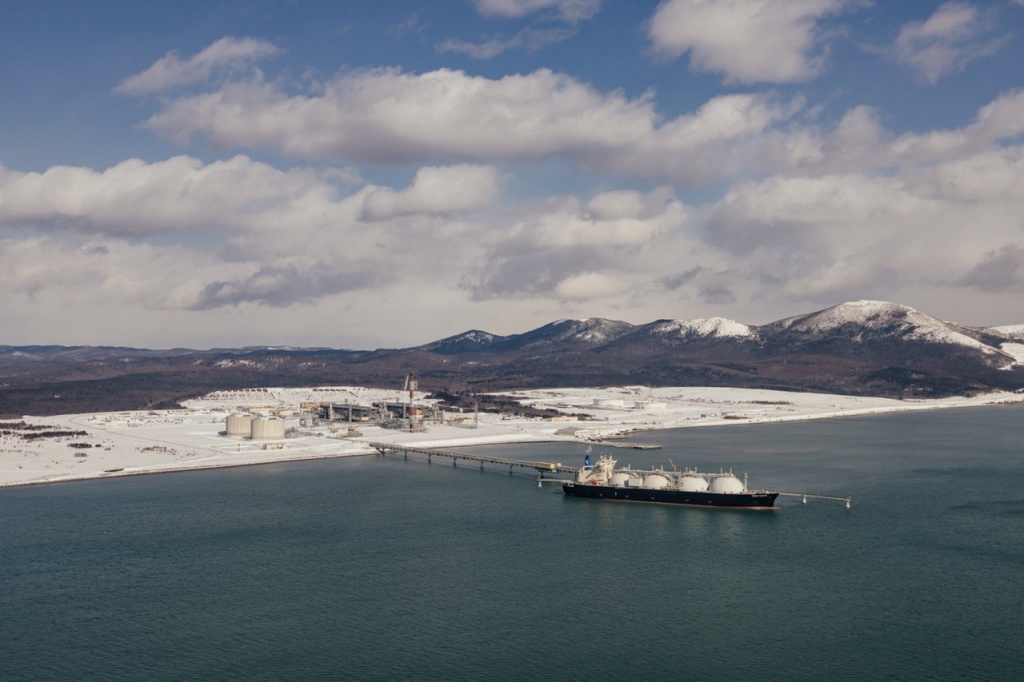Japan’s shipping giant MOL has signed a charter deal with the new operator of the Sakhalin-2 LNG export terminal in Russia for the 2008-built LNG carrier Grand Mereya.
MOL said in a statement it had signed the deal on October 4 via a unit owned 60 percent by the company with Sakhalin Energy LLC.
The 147,000-cbm vessel has been transporting LNG from the Sakhalin project under a long-term charter contract with Sakhalin Energy Investment Company Limited, the former operator of the project.
MOL said the contract had now been newly made with Sakhalin Energy LLC and the vessel would continue the same transport services.
“MOL complies with the sanctions imposed by the international community and responds appropriately while continuing to consult with various parties, including the Japanese government and project partners,” the firm said.
President Vladimir Putin signed a decree in June allowing Russia to take charge of the Sakhalin-2 project due to Western sanctions imposed on Russia.
Sakhalin Energy LLC, the new operator of the Sakhalin-2 project, launched its operations on August 19.
Shell had a 27.5 percent interest in in the original entity, while Russia’s Gazprom had a 50 percent operating stake. Japan’s Mitsui owned 12.5 percent stake and compatriot Mitsubishi had 10 percent in the plant.
Gazprom remains the operator of the new entity, while Mitsui and Mitsubishi won approvals from the Russian government to take stakes in the new operator.
Shell said it would not take equity in the new terminal operator.
The Sakhalin-2 LNG facility started producing LNG back in 2009 with a design capacity of 9.6 mtpa, but due to technical improvements and upgrades, together with weather and temperature conditions, production rose by 20 percent.
Most of the volumes produced at the Sakhalin LNG plant land in Japan, followed by South Korea, Taiwan, and China.

